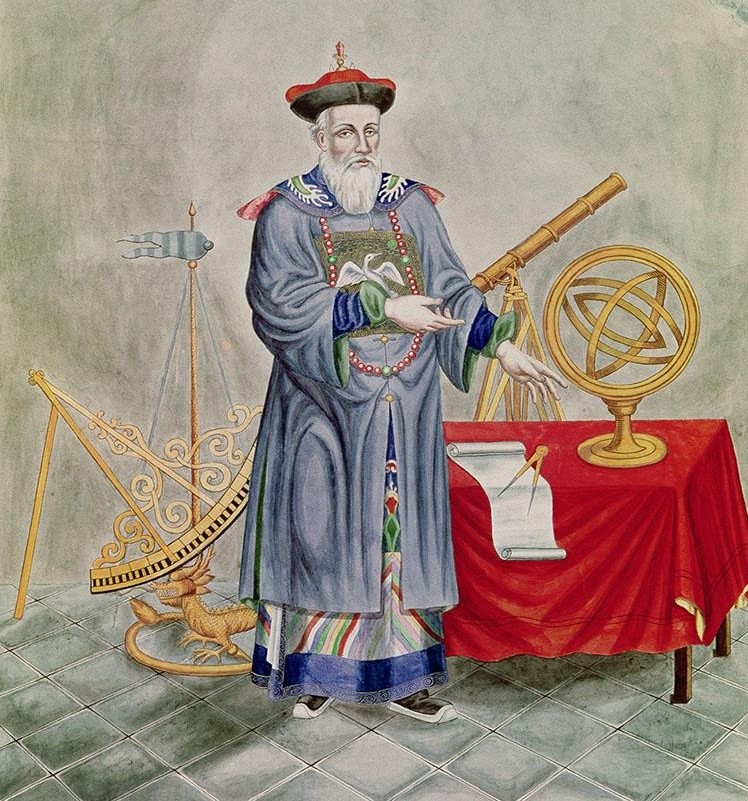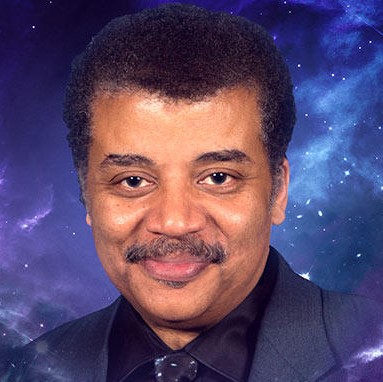|
Listen to this post:
|
I happened upon an interesting passage in a book by French Jesuit Louis le Comte (1655-1728) called Memoirs and observations topographical, physical, mathematical, mechanical, natural, civil, and ecclesiastical made in a late journey through the empire of China and published in several letters, 3rd ed. (1699). It’s in a chapter about the work of Catholic missionaries in early modern China:
The second reason which engaged the [Chinese] Emperor to favor the [Catholic] missionaries, was the great understanding of Father Verbiest, who soon was considered the most learned man in the empire…His reputation was everywhere spread abroad, and upon many occasions his opinion was treated as an oracle.
Some mandarins [highly educated government bureaucrats] were speaking of the Trinity one day…one of them said, “I do not know what the Christians mean, and am as much puzzled as you; but Father Verbiest is of that opinion. What say you to that? Can a man of his sense and understanding be mistaken?” They all held their tongues, and seemed to yield to this reason.
So is it that the use of humane learning is so far from being (as some think) opposite to the spirit of the gospel, that it sometimes serves to establish it, and to render the most obscure mysteries therein credible.
(p. 366)

This is a reasonable way of thinking for people in a very low-information state when it comes to the Trinity. For all they can tell, this guy is an expert even in this matter, and he believes it. So, that’s a reason to believe it, right? (Whatever “the Trinity” is!) .
Notice what this is a reason to believe: not “the doctrine of the Trinity” – they have no idea what that may be – but only that the words “the doctrine of the Trinity” have some true meaning which is known to experts like Father Verbiest.
But a little more reflection and a little more information should deprive them of this comfort.
This man was indeed an expert… in mathematics, astronomy, cartography, and diplomacy! Even common folks, and especially educated government officials, should know that a person may be a world-leading expert in one area of investigation and worse than a beginner in other areas (e.g. confused and over-confident). So really, his testimony at best isn’t worth much more than that of an average educated person on theology. And for all these people know, it could be worth less!

Why? There is a phenomenon of people who are experts in some difficult area such as a branch of the physical sciences who seem to think that compared to that, religion must be pretty easy, and so they ignorantly plow ahead, rendering judgements that people mistakenly treat as having some weight, because of their expertise in this other, unrelated area – Richard-Dawkins-and-Neil-deGrasse Tyson-style.
I don’t know that Father Verbiest was a person like this. And as a Jesuit priest, he would have had a long and wide education, including some theology, so presumably, he wouldn’t be as uninformed as those present-day scientists about “the Trinity.”
But in cases of this phenomenon, the would-be expert in theology is worse than an undergraduate or beginning student in the subject, as they understand less and yet are far more confident. The average person badly risks being misled by the out-of-his-field expert.
If you locate actual experts on this, then you’re in for a shock: they disagree with one another. This is not a good sign, if we’re hoping that there will be some knowable truth about “the Trinity.” This tells us at least that the issue is difficult and probably also subject to strong non-rational pressures. Further, you’ll have to go beyond merely consulting the opinions of experts (this appears to be a stalemate), to dealing with the primary sources themselves.
About the author’s comment in the last paragraph above: to the contrary, this phenomenon is a way in which the presence and prestige of experts actually hinders the spread of knowledge in Christian communities. Even if Father Verbiest indeed knew his stuff on this topic, people who rest with this excuse will never reach the stage of seeing that the experts disagree, much less looking into the historical genesis of the idea of tripersonal God, or its alleged basis in the Bible. And as best I can tell, this priest did not apply “humane learning” to shed new light on such issues. But because of his general reputation, apparently those mandarins remained wholly ignorant about “the Trinity,” at least on that occasion.

Another “low-information” question: “How so many Christians be wrong, right?”
Comments are closed.